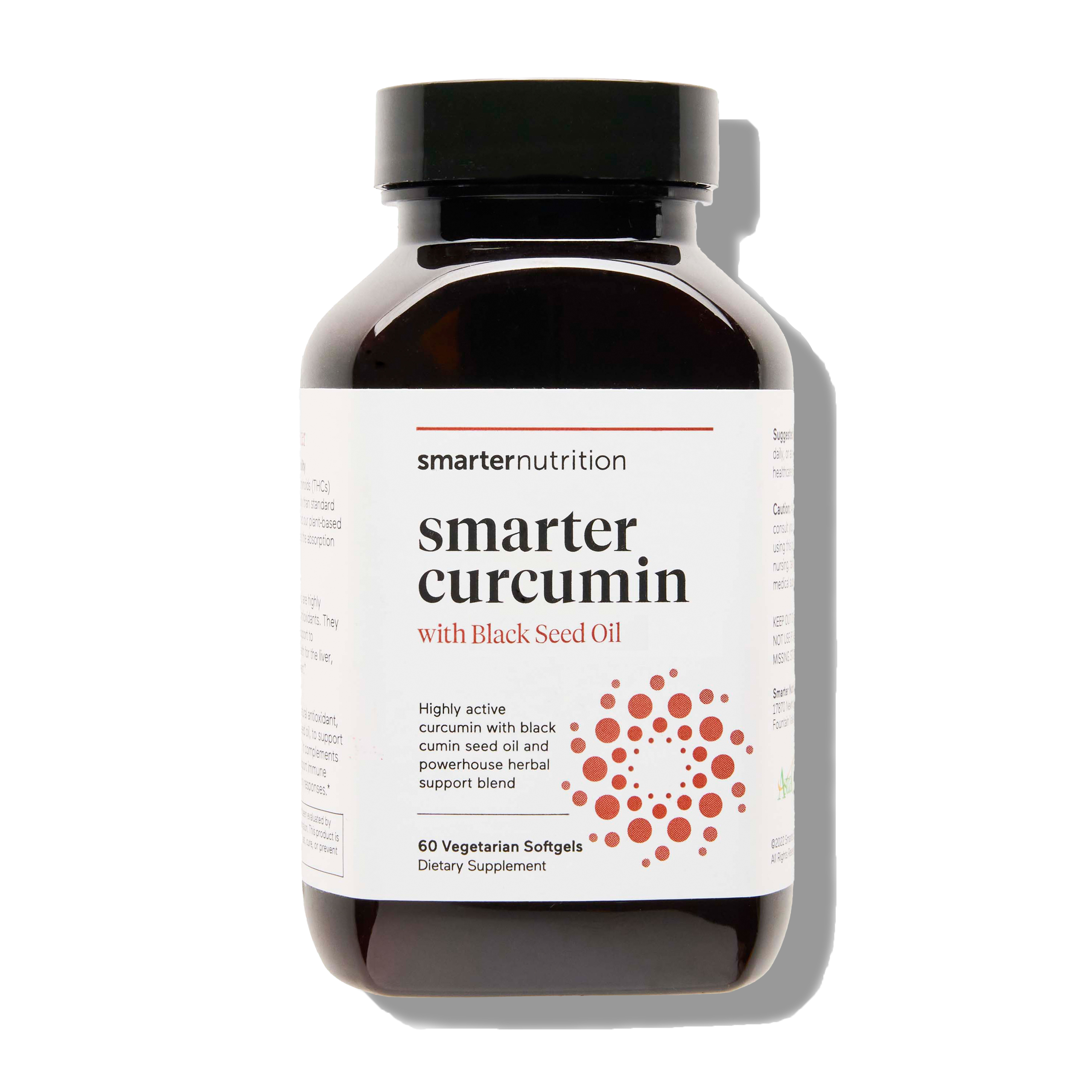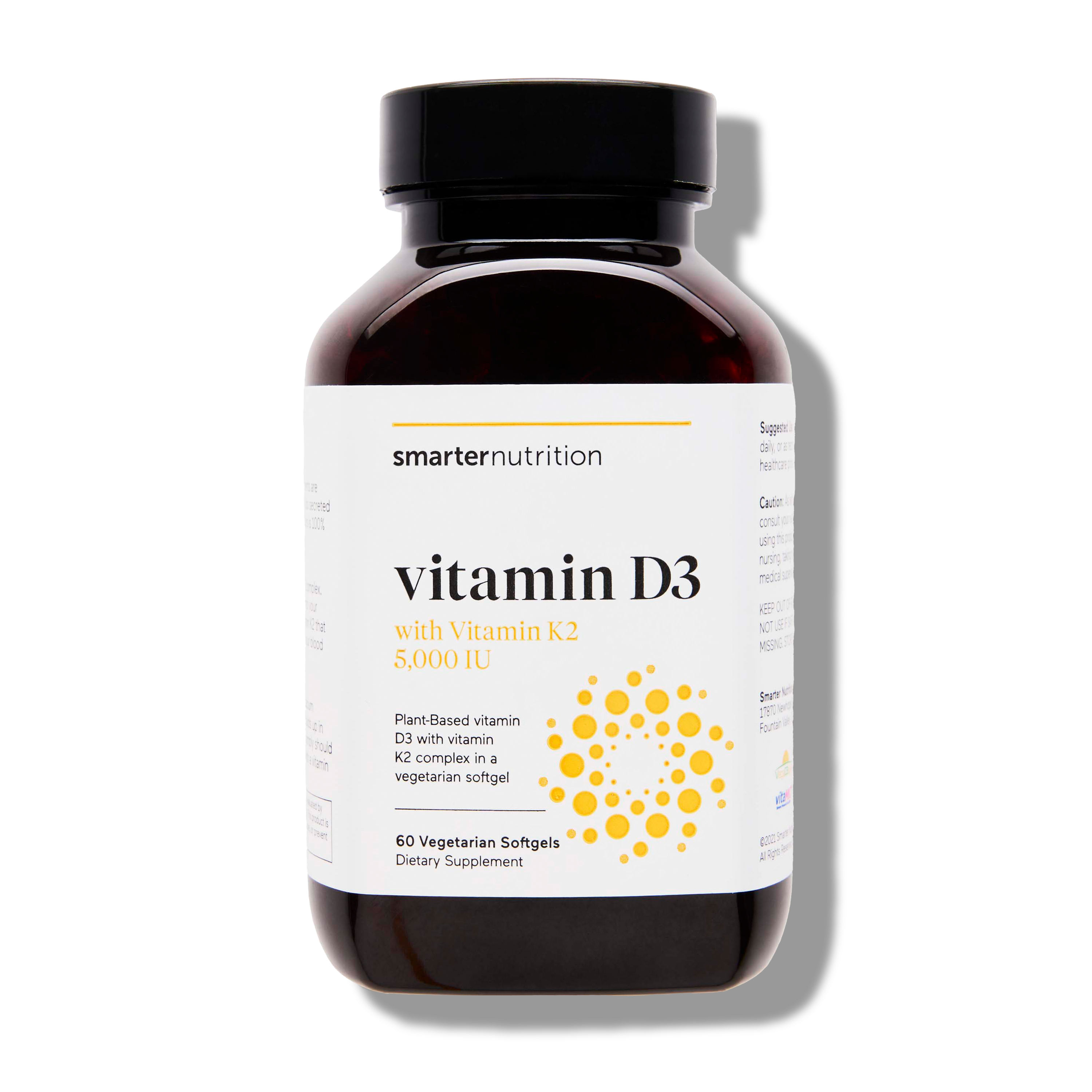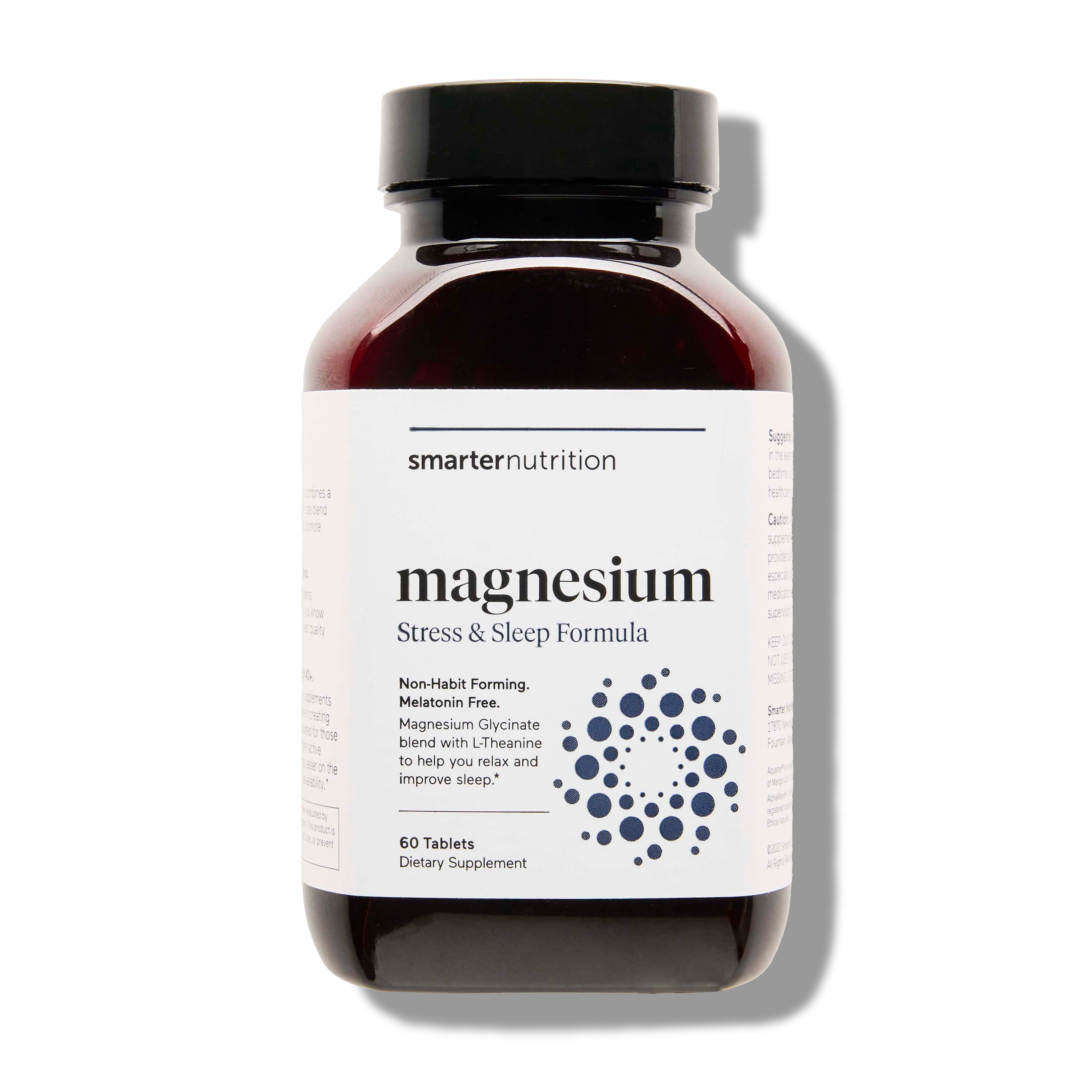7 Steps to Better Heart Health
One of the five vital organs in the human body, the heart’s job is to pump blood through the circulatory system, providing oxygen and nutrients to the other organs and carrying away waste. Because our hearts function involuntarily – meaning, they beat without our conscious attention – it’s easy not to think about our heart health unless we have a scare. But hearts need care to perform their job well! Whether you’re in your 20s or in your 60s, taking care of your heart can help strengthen it and protect your arteries and blood vessels. Take these 7 steps to better your heart health!
1. Exercise Regularly
Exercise is good for your health for many reasons, but it’s especially good for your heart health. Moving your body regularly can reduce the amount of blood the heart needs to pump to your muscles by enabling them to pull oxygen out of the blood more efficiently. Plus, exercise can reduce other factors that can negatively affect the heart. Exercise can lower stress hormones and produce endorphins that influence a happy mood. When you get your heart pumping through movement, you can lower your resting heart rate and your blood pressure.
Many people assume they need to spend hours in the gym to see results, but that’s not the case. The amazing thing about exercise is that you don’t need to be an Olympian to see improvements in your overall wellness. Just 30 minutes spent doing low-impact activities like walking, bicycling or swimming 5 to 7 days a week can make a huge difference.

2. Eat Intentionally
Eating a balanced diet of fruits, vegetables, grains, dairy, and protein is generally a good approach, but there are some foods that have more of an impact on heart health than others.
More Heart-Healthy Foods
You’ve probably heard about omega-3 fatty acids and wondered if they’re worth all the hype. In short: they are! These fats, which are also known as docosahexaenoic acid (DHA) and eicosapentaenoic acid (EPA), can positively impact the heart because they can help reduce the amount of triglycerides, which are another type of fat, in your blood. By regulating these inflammatory substances, omega-3 fatty acids can discourage blood clots and plaque buildup while reducing the risk of developing precarious heart rhythms.
Foods rich in omega-3s include:
- Flaxseeds
- Chia Seeds
- Fatty Fish
- Walnuts
- Olive Oil
- Brussels Sprouts
- Avocados
Fun Fact: Omega 3s make up about 3/4 of the calories in an avocado.
Less Processed Foods
It’s not just breakups that cause broken hearts: Saturated and trans fats can increase your bad cholesterol, which in turn increases your risk for heart disease and stroke. While it’s okay to indulge occasionally, it’s a good idea to avoid consuming these foods daily:
- Processed Food
- Cured Meat
- Deep-Fried Food
- Sugary Drinks and Treats
- Margarine
3. Avoid Alcohol—With One Exception
Consuming most types of alcohol is discouraged because it can raise the level of triglycerides in the blood, potentially causing clogged arteries and inducing a heart attack. Excessive alcohol consumption can also trigger disorders like high blood pressure and obesity that also contribute to heart disease.
However, there is some good news for wine lovers. Red wine may positively influence the body’s good cholesterol because of its antioxidant nature. That’s not a free pass to down an entire bottle in a sitting; doctors recommend keeping it to a glass with dinner to encourage the benefits without receiving the drawbacks.
4. Don’t Smoke
Smoking cigarettes is extremely damaging to the heart for a variety of reasons.
Contaminates Blood: Cigarette smoke contains thousands of chemicals that can negatively impact the body’s normal processes. When you breathe in these chemicals, they are immediately mixed into the oxygen that is delivered to your heart, and effectively the rest of the body. Your vision, mood, teeth, lungs and more can be adversely affected as a result.
Increases the Formation of Plaque: These same chemicals can encourage blood to thicken and form clots inside veins and arteries. Overtime, clots and plaque can make way for heart disease or stroke.

5. Decrease Stress
Letting go of stress is easier said than done, but it is doable. When the body experiences stress, it releases a hormone called cortisol. Over time, high levels of cortisol may change how the blood coagulates and increase the risk of developing high cholesterol, triglycerides, and blood pressure.
The first step is to identify the source of your stress; almost everyone experiences stress in their personal life or at work.
- A Stressful Job: If getting a new job isn’t an option, try to take small breaks throughout the day to go for a walk, grab a coffee or read a book to clear your head.
- Personal Stressors: If your personal life is presenting you with challenges, identify or create a support system made up of friends or family whom you can trust that can provide comfort and listen to you vent.
6. Watch Your Numbers
As we age, it’s important to know our cholesterol and blood pressure numbers and what they mean for our hearts. Depending on what your numbers are, your doctor may suggest some lifestyle changes to mitigate health risks.
- Cholesterol: There are two types of cholesterol: LDL (bad) and HDL (good). LDL is considered “bad” because it can cause buildup in the arteries. When people say they have “high cholesterol,” they mean their LDL levels are high and their HDL levels are low.
- Blood Pressure: The body experiences high blood pressure when the blood flowing through your vessels is causing too much strain on the artery walls. This is often because plaque and cholesterol buildup has narrowed and hardened the arteries. If the pressure persists, it can cause damage that may lead to a heart attack or stroke.
Both high blood pressure and high cholesterol can be considered “silent killers” because they often don’t present symptoms. That’s why regular checkups are important, even if you feel fine!
7. Add Ubiquinol to Your Routine
After the age of 65, you are more likely to develop heart disease or high blood pressure because aging naturally changes your heart and blood vessels. Ubiquinol, the active form of CoQ10, plays a crucial role in the production of cellular energy and the maintenance of normal blood pressure. Although CoQ10 is naturally produced by the body, that production starts to decline as we age. Supplementation is a good way to help your body maintain an optimal supply.
Smarter Ubiquinol is formulated with CoQ10 that has already been converted from ubiquinone, to encourage easier absorption by the body. Plus, Smarter Ubiquinol contains Ahi flower seed oil to help provide additional support for heart health and cellular energy production.*




